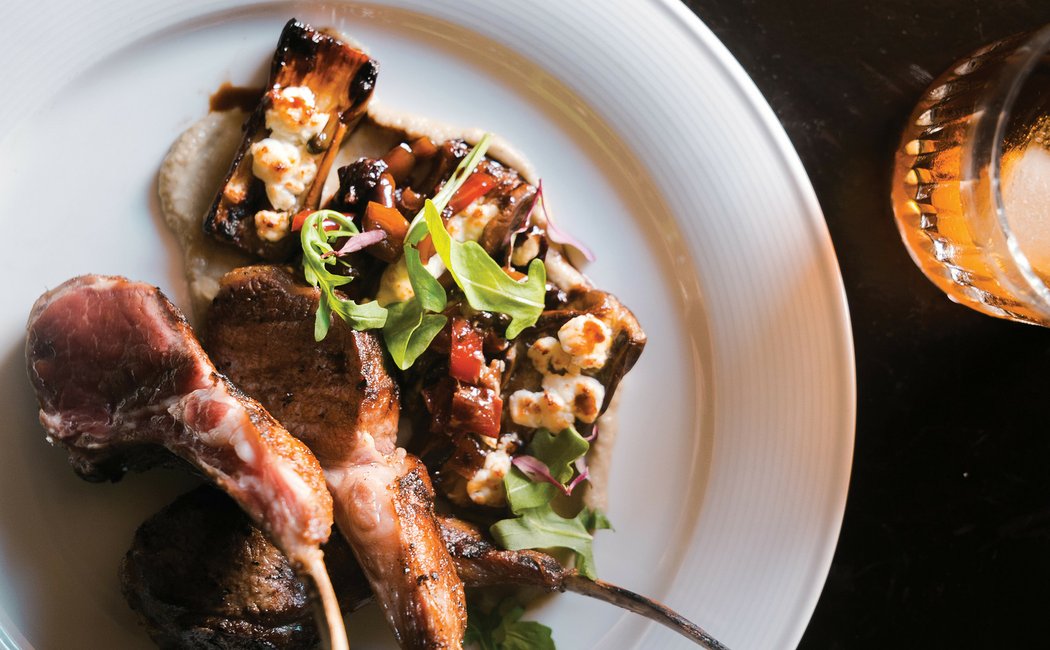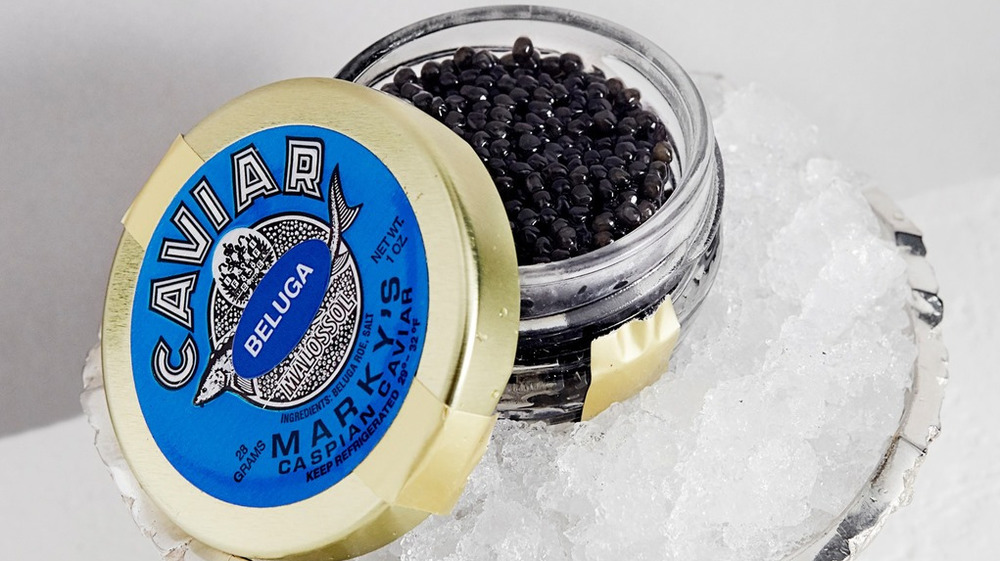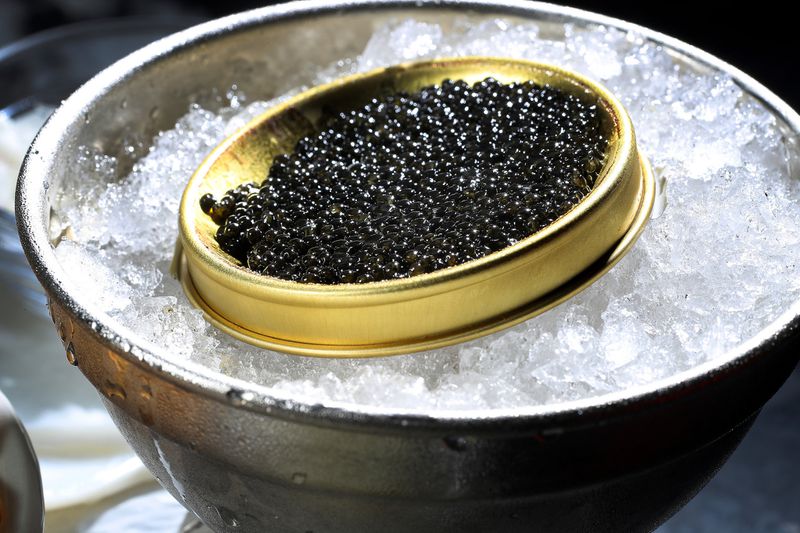The History and Evolution of Foie Gras in French Cuisine
Imagine yourself savoring a delicacy that has traversed centuries, captivating palates with its rich taste and creamy texture. From the ancient Egyptian courts to modern haute cuisine, foie gras has been a culinary icon, representing both tradition and innovation in French gastronomy. This blog post takes you on an enchanting culinary voyage, exploring the history and evolution of foie gras, a dish that has not only defined fine dining but also sparked debates on culinary ethics.
Ancient Origins of Foie Gras

The origins of foie gras can be traced back to ancient Egypt, where the practice of force-feeding geese dates back over 4,500 years. Egyptian hieroglyphs depict the process, highlighting the early understanding of creating fatty liver. The method traveled along trade routes, eventually reaching Roman Gaul, where foie gras began its association with luxury and indulgence.
The Romans, known for their love of opulence, adopted the technique, enhancing it with their culinary flair. They referred to the dish as "iecur ficatum," meaning liver with figs, as figs were often used to fatten the birds. This early iteration of foie gras became a symbol of Roman excess, enjoyed by emperors and aristocrats alike.
Medieval Luxuries of Foie Gras
During the medieval period, foie gras was embraced by European nobility, becoming a prized delicacy at lavish feasts. The dish's association with royalty and the elite solidified its status as a luxury item. It was during this time that the practice of force-feeding gained prominence, allowing for greater consistency in the quality and texture of the liver.
In France, foie gras became intertwined with local culinary traditions, particularly in the southwestern regions, where ducks and geese are abundant. The Périgord region, known for its fertile land and rich culinary heritage, emerged as a center for foie gras production. The dish was celebrated for its unique flavor profile, which complemented the local wines and cheeses.
The Périgord Legacy
The Périgord region played a pivotal role in the standardization and cultural significance of foie gras. During the 18th and 19th centuries, foie gras production became more refined, with artisans perfecting their techniques. The region's dedication to quality and tradition helped establish foie gras as an integral part of French cuisine.
Périgord's unique approach to foie gras production, including the use of specific breeds of ducks and geese, contributed to its distinct flavor and texture. The region's commitment to preserving traditional methods has ensured the dish's continued prominence in French culinary culture.
Modernization and Debate
The 20th century saw the modernization and commercialization of foie gras, as it gained international acclaim. Gourmet chefs around the world embraced the delicacy, incorporating it into innovative dishes and pushing the boundaries of flavor. However, the rise of foie gras also brought ethical concerns to the forefront, sparking debates over the practice of force-feeding.
Animal rights activists and chefs like Alex Atala have voiced concerns about the welfare of the birds used in foie gras production. This debate has led to the development of alternative methods, such as "ethical foie gras," which aims to produce the dish without force-feeding. Despite these challenges, foie gras remains a beloved and controversial staple of French cuisine.
The Significance of Foie Gras in French Cuisine
Foie gras holds a unique place in French culinary heritage, embodying the nation's passion for gastronomy and tradition. Renowned chef Paul Bocuse once remarked, "Foie gras is to French cuisine what the Eiffel Tower is to Paris." This sentiment captures the dish's iconic status and its ability to evoke memories of sumptuous meals and refined dining experiences.
For culinary historians and enthusiasts, foie gras represents a link between past and present, a testament to the artistry and innovation that define French cuisine. Its evolution from ancient delicacy to modern classic highlights the enduring appeal of gastronomy and the continuous pursuit of culinary excellence.
Expert Perspectives on Foie Gras
To gain a deeper understanding of foie gras and its impact on French cuisine, we turn to experts in the field. Food historian Anne Willan offers insights into the historical context and cultural significance of foie gras, emphasizing its role in shaping French culinary identity.
Local producers in the Périgord region share their perspectives on preserving traditional methods and the importance of foie gras to the region's economy and culture. Their dedication to authenticity and quality ensures that foie gras remains a cherished delicacy for generations to come.
The Cultural Impact of Foie Gras
Beyond its culinary significance, foie gras has played a role in shaping cultural and social dynamics. The dish's association with luxury and indulgence has made it a symbol of celebration and refinement, gracing tables at weddings, holidays, and special occasions.
Foie gras has also influenced art and literature, inspiring works that capture its allure and complexity. From paintings depicting lavish banquets to novels exploring themes of excess and decadence, foie gras has left an indelible mark on cultural history.
The Future of Foie Gras
As we look to the future, the conversation surrounding foie gras continues to evolve. Advances in ethical production methods and changing consumer preferences are shaping the landscape of foie gras in French cuisine. The dish's ability to adapt to modern sensibilities while honoring its rich history will determine its place in the culinary world.
For those passionate about preserving the legacy of foie gras, engaging with producers and supporting sustainable practices is vital. By fostering a dialogue between tradition and innovation, we can ensure that foie gras remains a beloved and respected part of our culinary heritage.
Conclusion
The history and evolution of foie gras in French cuisine is a captivating tale of tradition, innovation, and cultural significance. From its ancient origins in Egypt to its modern-day controversies, foie gras has captured the imagination and taste buds of food enthusiasts worldwide. Its rich history and enduring appeal serve as a testament to the power of gastronomy to transcend time and connect us to our culinary roots.
For those inspired to explore the world of foie gras further, consider visiting the Périgord region, where you can experience the dish's legacy firsthand. Engage with local producers, taste the finest foie gras, and immerse yourself in the rich tapestry of French culinary heritage.
Whether you're a culinary historian, a gourmet chef, or simply a lover of fine food, the story of foie gras is sure to delight and inspire. Its evolution is a reminder of the timeless allure of gastronomy and the endless possibilities it holds for the future.






